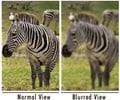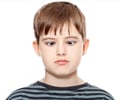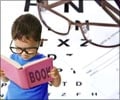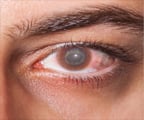Researchers report that among 60 children with lazy eye, the condition was associated with lower measures of self-perception for peer acceptance and physical competence compared with 20 healthy children.

‘Lazy eye if detected at an early age and promptly treated, reduced vision could be avoided in the later period.’





The findings cannot be generalized to children with different types of lazy eye and researchers couldn't assess the association of glasses with children's self-perception because most children with lazy eye wore glasses. Source-Eurekalert













